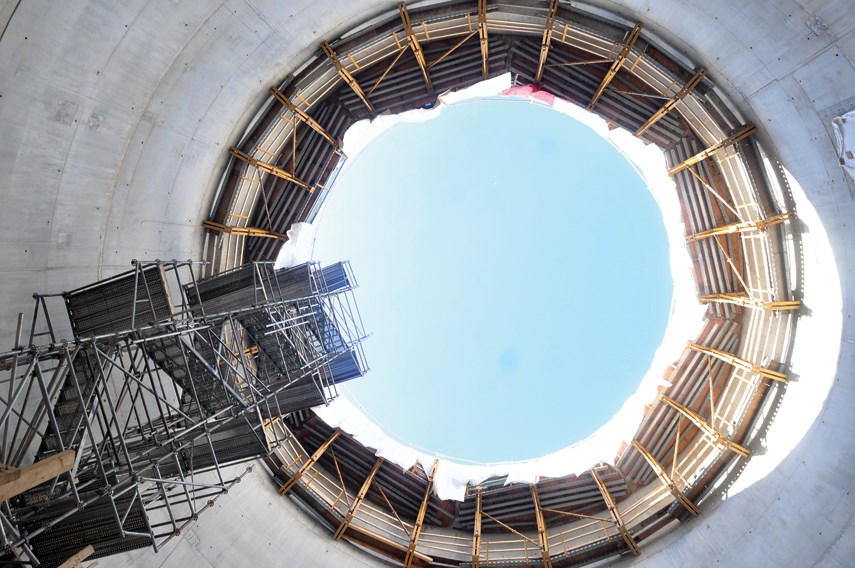When Metro Vancouver officials finally revealed last month that the North Shore wastewater treatment plant’s price tag had reached $3.86 billion, they left out a few meaningful details.
There are three certainly worth mentioning, and it shouldn’t surprise you that they aren’t cheerful news.
For one thing, $1 billion has been set aside within the budgeted amount as a contingency for the project. That’s a pretty hefty total, one-quarter of today’s anticipated amount. Much of that contingency – as much as $700 million of the $3.86 billion – is designed to settle a lawsuit with the original contractor. That’s a very hefty amount, equalling the original $504 million contract plus nearly another $200 million. The rest of the revised budget, presumably, reflects the ever-increasing costs on the original contract in 2017.
That is Metro’s guess for now, anyway.
A second point that bears elaboration was the announcement that North Shore property owners could face an annual increase of $725 on their utility bills to finance the debt of the project for a 30-year period. Lower Mainland owners face an annual bill of $75 to $140 for a 15-year period.
The bill won’t be applied equally, but equitably, meaning higher bills for those with more expensive homes and those who use more water. Think West Vancouver.
I was told last September that the average annual tab for a West Vancouver property owner for the project will be in the vicinity of $1,400 a year. That forecast hasn’t changed, nor been spelled out. Of course, if some pay more than $725, some pay less; they merit envious congratulations.
The third untold fact is something that could change, but I highly doubt will.
While the heftier taxes on the North Shore and Lower Mainland aim to pay the debt – at least with the current budget – don’t assume that the bills disappear in 31 and 16 years, respectively. Once the debt is paid, the tax is bound to be made permanent. Nothing specifies it won’t be and the priority pile of about 10 infrastructure projects suggests it will be.
When it announced the estimated cost, Metro Vancouver said it was working on a plan to take to senior levels of government to gain financial support and to lessen the local bills. It can leave Ottawa off the roadshow sales itinerary. What’s clear is that a federal government battling for its survival doesn’t see political capital in the unglamourous rescue of skyrocketing infrastructure projects. Besides, there will be a long lineup beyond ours.
The provincial government is hedging and first wants to know how the costs climbed. Join the club.
Accountability and insight would help, but Metro Vancouver won’t be celebrated soon with any transparency awards. It either hasn’t the skill or the will to disclose the impact on property owners of the infrastructure needs of the region.
That it told officials in September yet kept the plant’s budget from the public until March speaks volumes of its governance. Early-stage documents on the project have disappeared from the website. Its anemic recent press release is about all you can divine online of the gap between guess-world estimates and real-world expenditures.
Those familiar with this project would know that the original contractor, Acciona Wastewater Solutions LP, was fired in 2021 and then filed suit for $250 million in damages, including $100 million it said it was owed.
It was instructive to re-read its 98-page civil claim in recent days to be reminded of its side of the story of how a promising project degraded into disarray. Yes, solicitor, nothing has been proven in court. But even if there is truth in a fraction of the farrago of Metro Vancouver missteps that Acciona alleges, an independent review or inquiry is in the public interest. Most worrisome is that the parties will settle their scores discreetly – with the bill on us, of course – so we never know what happened.
Metro Vancouver’s mistake is to keep us ill-informed. It would be our mistake now to not demand it do so. With this project and others, we need to know that more than the water is clean.
Kirk LaPointe is a West Vancouver journalist with decades of experience in the media. His column on North Shore issues runs biweekly. [email protected]




